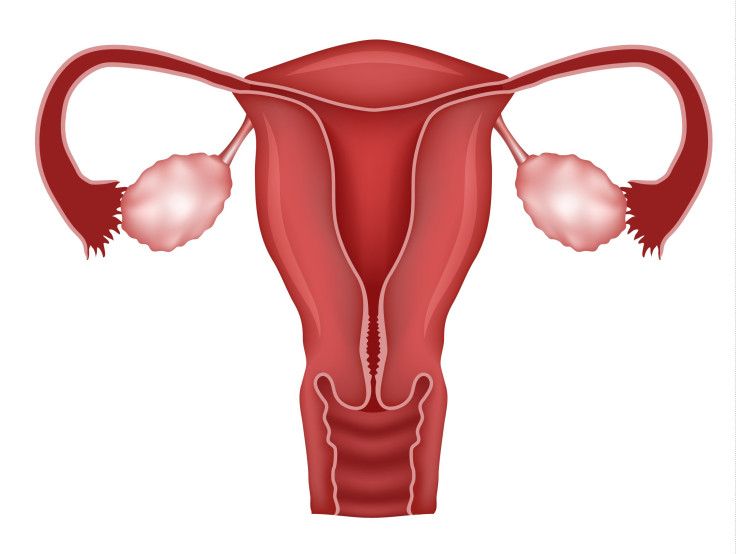Discovery Of Gene Linked To PCOS May Lead To Better Prevention, Diagnosis, And Treatment

A new study has the potential of changing the way medicine diagnoses and treats polycystic ovary syndrome (PCOS) — not to mention helping in prevention efforts. PCOS is one of the main causes for infertility in women. It can also lead to other health problems such as increased risk for heart disease, high blood pressure, and type 2 diabetes. Scientists have found that a variant gene active in ovarian cells may lead to the overproduction of androgens, male hormones similar to testosterone, that occurs in women with PCOS. The study has been published online in the Proceedings of the National Academy of Sciences.
Along with elevated levels of androgens, PCOS also causes irregular menstrual cycles, infertility, and difficulty using insulin, according to the National Institutes of Health. PCOS may also cause excess facial and body hair, as well as severe acne, due to the elevated androgen levels. It affects five to seven percent of women of reproductive age. “In identifying this gene, the study authors have uncovered a promising new lead in the long search for more effective ways to diagnose and treat the condition, and perhaps, to one day prevent it from even occurring,” Louis V. De Paolo explained in a press release.
In their study, researchers narrowed their search to a gene called DENND1A. This gene contains the information needed to make a protein that is made in theca cells, which line the inner surface of ovarian follicles. In women with PCOS, these follicles do not mature properly. Previous studies have found theca cells to be the source of high levels of androgens in women with PCOS. The researchers conducted a variety of experiments to help determine what role a variant of DENND1A, called DENND1A. V2, played in PCOS. This was done by manipulating the theca cells in women who did not have PCOS to produce DENNE1A. V2.
Based on the press release, the results showed that when normally functioning theca cells were manipulated, they began to produce elevated levels of DENND1A. Similarly, when researchers blocked the function of DENND1A. V2 in theca cells of women with PCOS, they found that that these levels drastically dropped. It was also noted that DENND1A. V2 is also found in other cells that make androgens, such as cells in the testes, as well as a type of cancer cell occurring in the adrenal glands.
In the study, researchers also found that the messenger RNA for DENND1A.V2 protein was higher in urine samples from PCOS patients. “PCOS is often difficult to diagnose, especially in adolescents. The fact the DENND1A. V2 is present in the urine opens up the possibility that it might provide the basis for a test to screen for PCOS,” Dr. Jan McAllister, primary author of the study, explained in the press release.
Source: McAllister JM, Modi B, Miller BA, et al. Overexpression of a NENND1A isoform produces a polycystic ovary syndrome theca phenotype. Proceedings of the National Academy of Sciences. 2014.



























